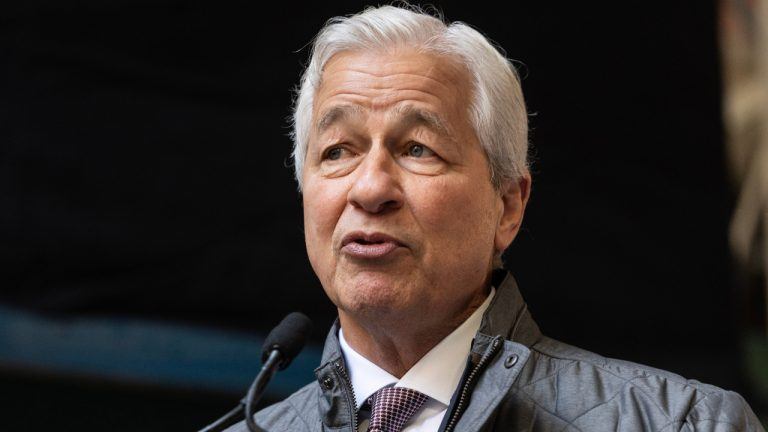Nigerian crypto foreign investment is at a record low: Study

Foreign direct investment in Nigeria fell by 33% last year due to a severe shortage of dollars, which discouraged crypto companies from expanding into the country.
The largest economy in Africa has a foreign investment problem despite exponential growth in crypto adoption.
The National Bureau of Statistics (NBS) reported on Tuesday that foreign direct investment (FDI) in Nigeria, the largest economy in Africa, dropped by 33% last year due to a severe shortage of dollars. The shortage has also discouraged crypto companies from expanding into the country. In 2022, investment declined to $468 million from the previous year’s $698 million. According to the data, FDI has decreased by approximately 90% since its peak of $4.7 billion in 2008.
The adoption of crypto in Nigeria has grown at an exponential rate. The country has active adult crypto traders, with many citizens now preferring to store their money in digital currencies over fiat cash due to the constant devaluation of the national currency, the naira. In Chainalysis’ 2020 Cryptocurrency Geography Report, Nigeria ranked eighth in crypto adoption and usage rate among 154 countries included in the study. This adoption rate is expected to have encouraged more foreign crypto investment in the nation but the reverse is the case.

In an interview with Cointelegraph, local data analyst and crypto enthusiast, Obinna Uzoije, said the low rate of foreign investment in Nigeria could be attributed to the fact that the use of cryptocurrency was yet to go mainstream in the country. Uzoije explained that the lack of use of crypto in day-to-day economic activities and the ban on financial institutions from servicing crypto exchanges were to be blamed for the low investment rate.
As part of the 2021 ban, the Central Bank of Nigeria directed all commercial banks to close accounts belonging to crypto exchanges and other businesses transacting in cryptocurrencies in the country.
In a tweet, Olumide Adesina, a certified investment trader, reacted to the NBS report by saying that despite Nigerians “loving” crypto, fintech and entertainment, no state has taken the initiative to attract foreign investors in those areas. In another tweet, Adesina said Lagos State building a real tech and crypto community like Silicon Valley would create thousands of direct jobs.
Related: Paxful shutdown hits Nigeria harder than the rest of the world — Here’s why
Lagos State Governor, Babajide Sanwo-Olu, had earlier announced proposals for crypto adoption in the state, according to local media reports. Some of the initiatives proposed by Sanwo-Olu include establishing a dedicated sandbox regulatory framework for cryptocurrency, creating a crypto-focused innovation hub, and providing incentives for businesses that accept crypto payments.
Magazine: Best and worst countries for crypto taxes — plus crypto tax tips









